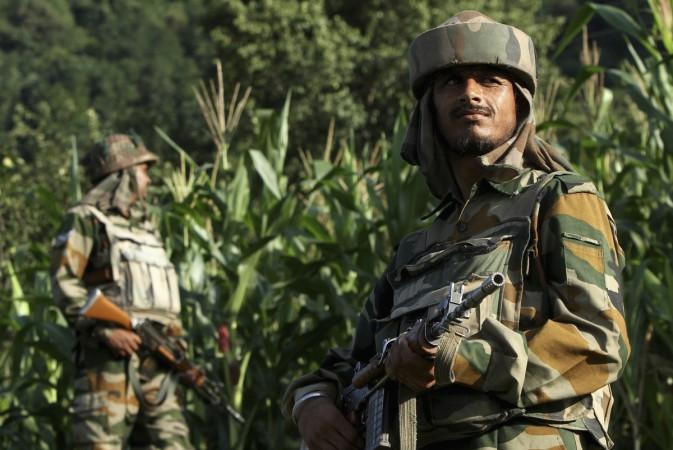
After a decade long wait, the soldiers of the Indian Army are all set to receive bullet-proof jackets. The army has signed a contract with Tata Advanced Materials Limited for obtaining the jackets under "emergency" provision.
The deal is for 50,000 bullet-proof jackets that will cost Rs 140 crore. The delivery of the jackets will start from August and must be completed by January 2017, the Times of India reported citing defence ministry sources.
The delay in the induction of bullet-proof jackets has been blamed on "convoluted procurement procedures."
One of important issues to sort out for Defence Minister Manohar Parrikar when he took over in November 2014 was the acquisition of bullet-proof jackets for the army. He had approved the "interim emergency acquisition" via "revenue route."
In October 2015, the government had to scrap a tender for modular bullet-proof jackets as the six vendors who had offered their jackets, "failed" the tests set by the army's new GSQRs (technical parameters or general staff qualitative requirements), the report said. These jackets were supposed to sufficiently protect the head, neck, chest, groin and sides of the soldiers, while allowing them to move with greater agility.
The shortages in the bullet-proof jackets have been termed "critical" with several parliamentary committees reprimanding the government for not procuring new jackets.
The report also adds that the current deal for bullet-proof jackets is according to the older GSQR, and the rules were relaxed as "one-time exception" for fast-tracking their purchase. "The (defence) minister and Army vice-chief Lt.General M M S Rai pushed to expedite the entire process," the source added.
India has a 1.18-million strong army and there is a requirement of 3,53,000 odd jackets. The initial idea was to acquire 1.86 lakh jackets by 2012 and remaining 1.67 lakh by 2017.
Meanwhile, the Defence Research and Development Organisation (DRDO) has been testing a new bullet-proof jacket prototype that conforms with the new GSQRs. This prototype jacket uses various "state-of-the-art ballistic material" to protect against AK-47 and self-loading rifle bullets.
The source further added that stage-1 and stage-2 tests for the prototype jacket were successfully completed and it "will be" a contender when the government issues tender for the procurement of the bullet-proof jackets via "capital procurement."















